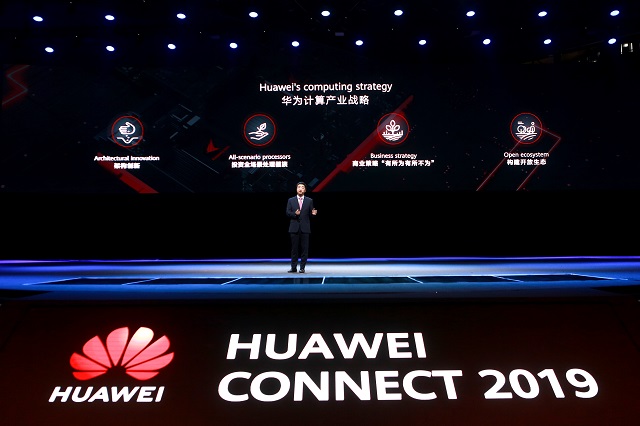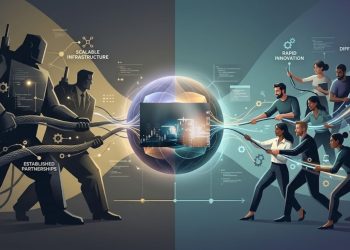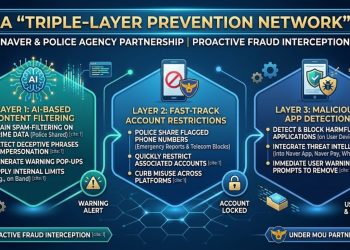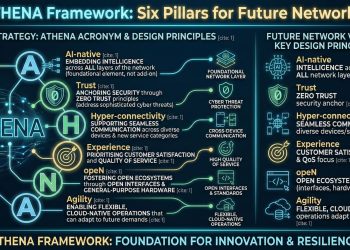Huawei said on Wednesday that it released the world’s “fastest” artificial intelligence (AI) training platform. The platform helps create more readily AI available accessible for numerous fields of scientific research and business.
Huawei dubbed the new platform “Atlas 900”. Huawei Deputy Chairman Ken Hu described the new platform as “the world’s fastest AI training cluster.”
Hu said during his keynote address, “Atlas 900 is a powerhouse of AI computing.” He added that it combines the power of thousands of Ascend processors to run the platform.
Huawei’s lineup of processors includes Ascend processors for AI, Kirin for smart devices, Honghu for smart screens, and Kunpeng for general-purpose computing.
Atlas 900 only takes 59.8 seconds to train ResNet-50 according to Hu. ResNet is the short name for “residual network.” It is used to solve the problem of degradation problem with deep neural networks and is the industry standard for measuring AI training performance.
“This is about 10 seconds faster than the previous world record,” Hu said. “Atlas 900 will bring new possibilities to different fields of scientific research and business innovation ― anything from astronomy to oil exploration.”
The computing market, as Hu described, is a massive blue ocean market that will be worth about $2 trillion by the end of 2023.
“We’ll keep investing with a strategy that focuses on four key areas. We will push the boundaries of architecture, invest in processors for all scenarios, keep clear business boundaries, and build an open ecosystem,” Hu said.
He noted that the company would allow its partners to integrate AI computing into their systems and products by opening up hardware like AI servers. He added that the firm’s components combined with an open-source software would give their partners an advantage in AI.
“That includes software like server operating systems, databases, and AI development frameworks. This will help our partners develop better commercial software more easily,” he said.
Hu commented that another $1.5 billion would be invested to expand the Huawei Developer Program to 5 million more developers. The program began in 2015 to better enable its partners around the globe to advance the next-generation intelligent systems and applications.
After the blacklisting of the Chinese firm amid the trade war between Washington and Beijing, the company’s announcement on its open ecosystem was seen as making a friendly gesture to the U.S. government.
Despite controversy over the fifth-generation (5G) networks Huawei said it has been progressing nicely in its business and over the security of its products.
Hu held a press conference later in the day saying the firm has secured a large number of contracts related to 5G. He added that security concerns surrounding the company’s products were “just suspicions and doubts.” Specific numbers regarding 5G sales are expected to come out next year.
Featured image grabbed from Huawei’s website.







